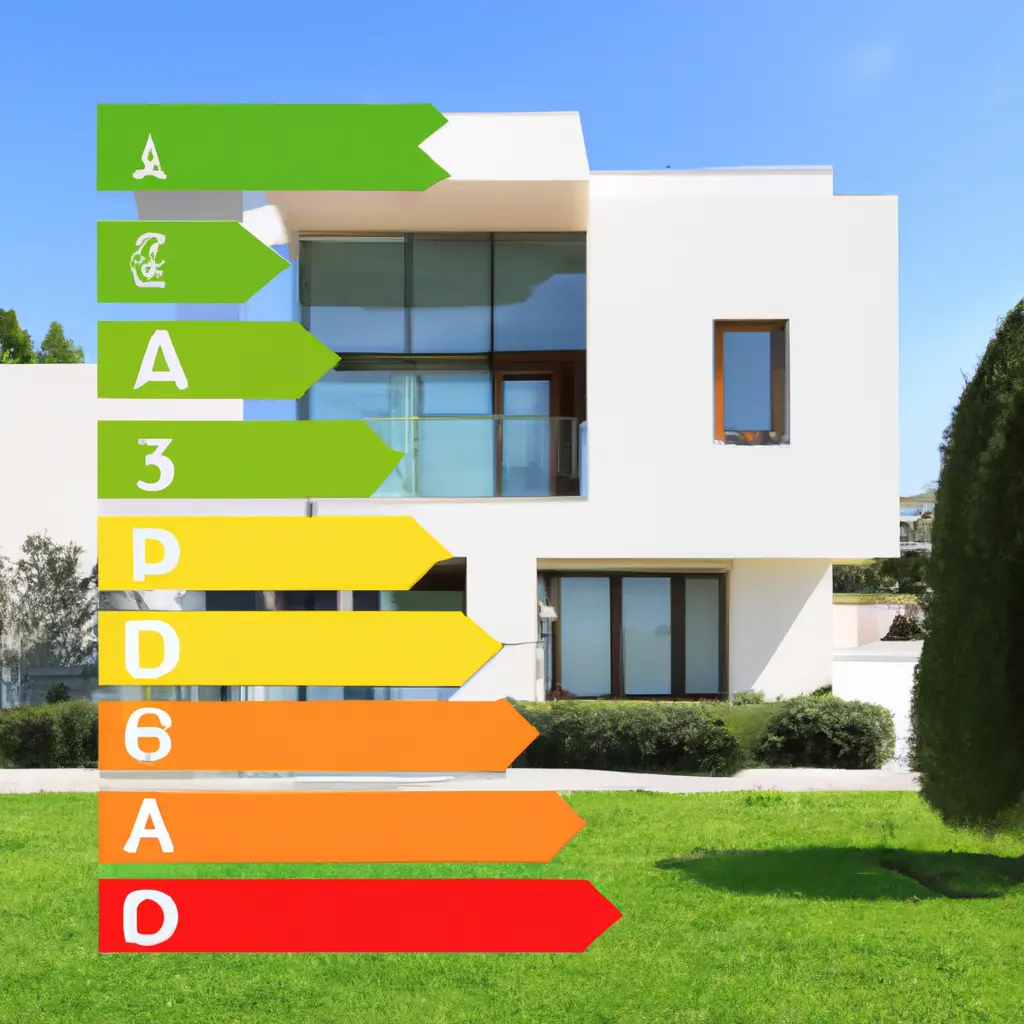EU regulators can determine the future of the real estate sector.

Recently, the European Parliament passed a new bill aimed at combating climate change by reducing carbon emissions. This new legislation has significant implications for the real estate markets in Cyprus and Greece, where there are many buildings over 30 years old that require energy upgrades.
If and when these measures are incorporated into local legislation, the new regulations will require that all new buildings be zero-emission by 2028, while the deadline for new buildings occupied, operated, or owned by government entities will be 2026. All new buildings must be equipped with solar technologies by 2028, if technically feasible and economically viable, and residential buildings undergoing major renovations will have until 2032 to comply.
It is important to note that residential buildings must achieve at least energy efficiency class E by 2030, and class D by 2033, on a scale from A to G, where G corresponds to the 15% worst-performing buildings in the national stock of the member state. If a building does not meet these energy efficiency criteria, it cannot be mortgaged or transferred in ownership.
Cyprus and Greece have a large number of old buildings that do not meet the new energy efficiency standards set by the European Union. For example, in Cyprus, about 70% of buildings were constructed before the 1980s, while in Greece, this figure is around 55%. According to a recent study, there are about 154,000 buildings in Greece that were built before 1919, and 324,700 buildings constructed between 1919 and 1945. Additionally, around 573,250 buildings were built between 1946 and 1960, and 639,475 buildings were constructed between 1961 and 1970.
These old buildings require significant updates to meet new energy efficiency standards, and this is expected to have a substantial impact on local real estate markets. This could lead to increased costs for homeowners and landlords, as well as for buyers and tenants looking for more energy-efficient properties.
The cost of renovating a building to meet new energy efficiency standards can be significant and range from several thousand euros to tens of thousands of euros, depending on the size of the property and the extent of the required renovations. For example, in Cyprus, the cost of renovating a building to comply with new energy efficiency standards can range from 7,500 to 30,000 euros, depending on the size of the property and the scope of the required renovations.
Furthermore, the new regulations may lead to a decrease in the value of properties that do not meet the new energy efficiency standards. Moreover, the new regulations could affect the demand for older buildings that do not comply with these standards.
13 May 2025
14 May 2025
The new regulations may also impact the construction industry in Cyprus and Greece. With the new standards, construction companies will be forced to focus on building more energy-efficient buildings, which could lead to increased costs. This may result in a decrease in demand for the industry if builders are unwilling to invest in more expensive projects.
On the other hand, the new regulations create opportunities for various stakeholders in the real estate market to take action towards compliance and sustainable development. Property owners and landlords can take advantage of financial incentives to invest in energy-efficient upgrades and renovations of their properties. Banks and financial institutions can create financial instruments and products that support these investments (under sustainable financing conditions), such as "green" mortgages or loans with reduced interest rates for energy-efficient properties. Developers and construction companies can incorporate sustainable building practices into their projects, giving them a competitive edge as the demand for such buildings increases. Moreover, real estate agents can inform their clients about the benefits of energy-efficient properties and guide them towards making sustainable choices.
By taking advantage of these opportunities, stakeholders will not only comply with new standards but also enhance their reputation and brand value, increase the value of their properties, and contribute to a more sustainable future.
Ask Wire can assist stakeholders in the sector in three ways.
Firstly, by creating a map of the location of such objects according to their age. This will facilitate targeted funding and marketing initiatives for financial institutions, energy suppliers, and energy efficiency service providers.
Secondly, in collaboration with the Cyprus University of Technology (TPAK), the company has developed an innovative model that assesses the energy efficiency of residential buildings using a small amount of intuitive data. The model can be used for mass property assessment, allowing banks to evaluate the energy efficiency of collateral and use it to attract clients for new "green" loans.
Thirdly, by the end of the year, Ask Wire will launch its own ESG rating system, which will allow property owners to manage their buildings according to international standards, enhancing their efficiency, benefiting the environment, and increasing value for tenants and the portfolio.
About the author: Pavlos Loizou, CEO of Ask WiRE.
Comment
Popular Offers

Subscribe to the newsletter from Hatamatata.com!
Subscribe to the newsletter from Hatamatata.com!
I agree to the processing of personal data and confidentiality rules of Hatamatata














